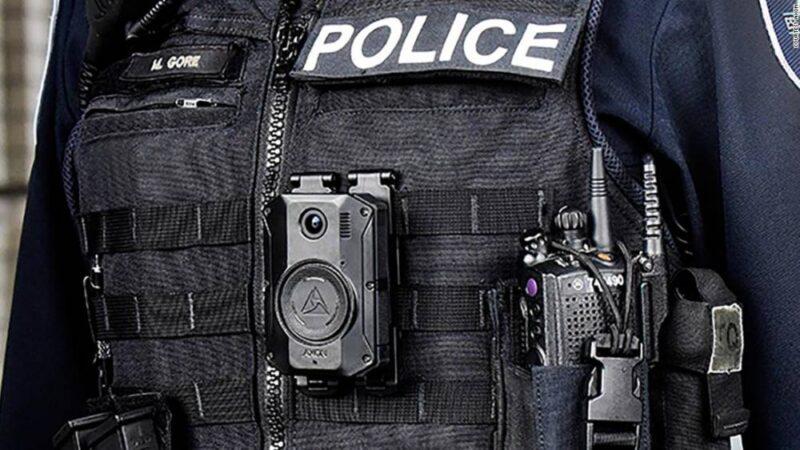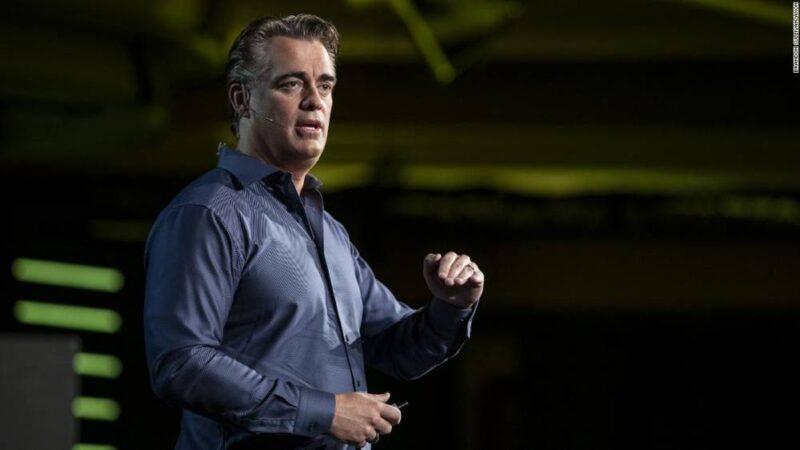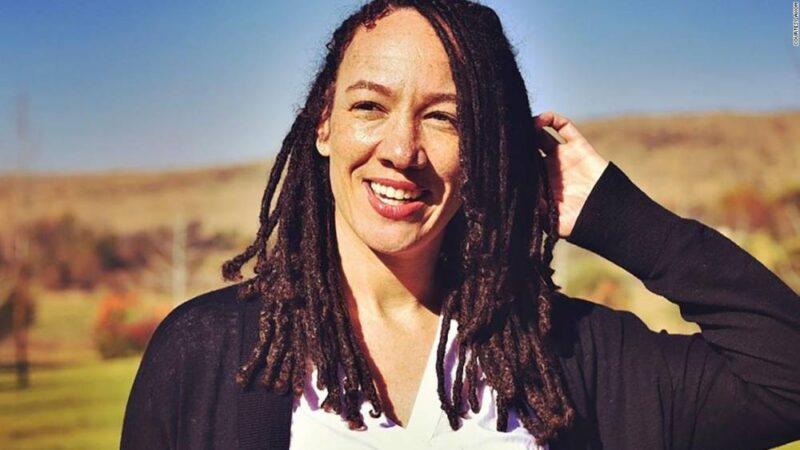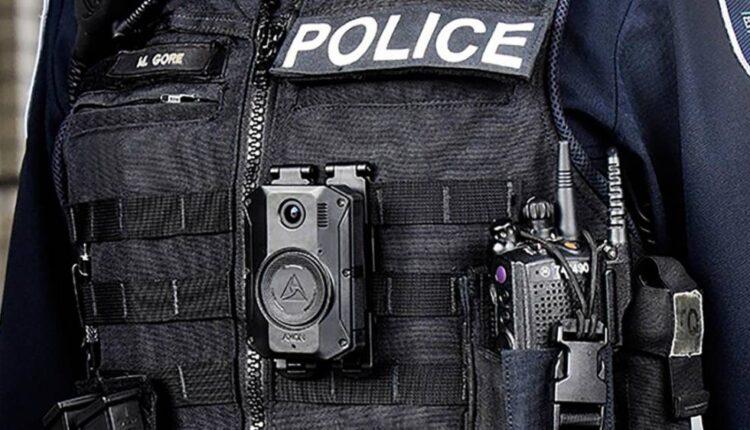New York (CNN)Police body cameras have come under renewed scrutiny in the aftermath of the killings of George Floyd and Breonna Taylor, putting pressure on manufacturers to do more to convince wary law enforcement officers to embrace the technology — as well as reassure the public that body cams improve police accountability.
In both the Taylor and Floyd cases, the cities had previously purchased body cameras from Axon, the nation’s largest provider of police body cams, according to industry analysts. But Louisville Mayor Greg Fischer said Taylor’s killing in March wasn’t captured on video because the officers at the scene either didn’t turn on their body cameras or weren’t wearing them at all.Axon, which also manufactures Taser stun guns, suggests that scenario would be virtually impossible with its latest technology.

Axon’s latest body cam model, the Axon Body 3, was unveiled in September 2019.The Axon Body 3, which went on sale a year ago, automatically activates when officers draw their firearms or Tasers, according to Sydney Siegmeth, vice president of communications for Axon (AAXN). It can also also live stream footage for police supervisors to review and react to in real time, she said.”A supervisor knows if a Taser or a gun is drawn, and [they] will get an automatic alert and can look through that live stream,” Siegmeth told CNN Business. “It provides you with a map so you can see where your officers are.” Read MoreTo date, Axon said it has contracts with 49 of 79 major cities in North America, including some in Canada and Mexico. Competitors Motorola (MSI), Panasonic (PCRFF), Samsung (SSNLF), L3 (LHX), Getac and China’s Shenzhen (SIHBY) combined have less US market share than Axon, according to industry analyst Scott Berg, managing director at the financial firm Needham & Company.Axon’s stock price surged 20% after Floyd’s death on Memorial Day and it’s been climbing again on last week’s grand jury decision not to charge any officers directly in the death of 26-year-old Taylor. Both Floyd and Taylor’s deaths, the company says, have compelled it to improve the way it does business.
Rebuilding trust

Axon CEO Rick SmithFour years ago, Axon says, its biggest challenge was convincing wary police departments and unions that wearing body cams would help them do their jobs better. Since then, police body cams have become a vital tool for departments across the country, but they have also been the subject of controversy when police withhold body cam footage or neglect to turn their cameras on in high-profile cases.As a result, the company’s challenge following the deaths of Taylor and Floyd has been convincing police reform advocates that body cams improve officer accountability.”After the George Floyd tragedy, we did a lot of self reflection as a company,” Siegmeth said. “One of the things we determined was we need to do better working with communities, not just police.”In July, Axon hired Regina Holloway, a former defense attorney with a background in police-community relations, to serve as its vice president of community impact, a new position. Holloway joined Axon from NYU’s Policing Project, which was established to bring more accountability to policing and seek community input.

Axon hired Regina Holloway to serve as its first-ever vice president of community impact in July 2020.Since then, Holloway said she and Axon CEO Rick Smith have been hosting virtual meetings with community leaders in New York, Chicago, Philadelphia and Los Angeles to discuss ways their company can improve police transparency and accountability. The meetings are part of a planned nationwide campaign for Axon. Since Floyd’s death, Smith has also participated in more than 100 roundtable discussions with community and law enforcement groups to find out how the company’s technology can best serve their needs, Siegmeth said. Recommendations stemming from these discussions, Axon says, will be unveiled in late October.Body cameras may be commonly used by police in most major US cities today, but the industry still has potential for growth, according to Berg, the industry analyst. The police body cam industry was valued at $443 million in 2018 and is expected to reach $1.5 billion by 2025, according to the firm Market Research Future.
Holloway said part of her role is to help bridge the divide between police and activists, and assure communities that body cams make police more accountable. “It’s not about the community bending to the will of police,” Holloway told CNN Business. “It’s about us being partners in public safety. We’re trying to bring this collective equal footing to policing.”
Source: edition.cnn.com

